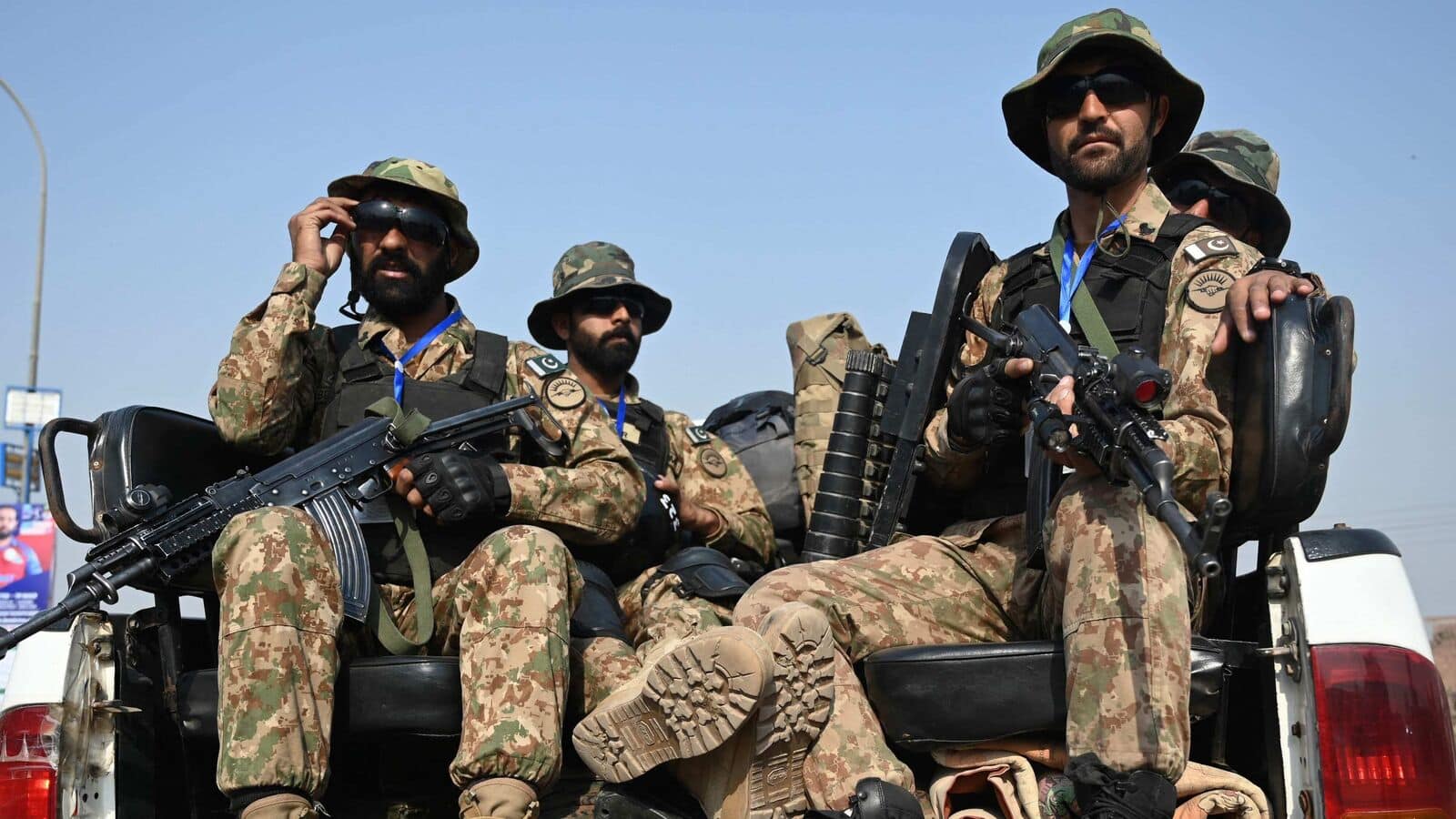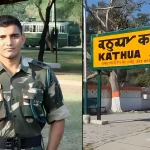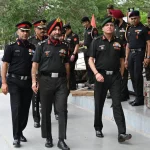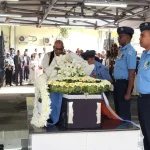The recent escalation of violence in northwest Pakistan has left a profound impact on the Kurram district, where the death toll from two separate attacks targeting Shiite Muslim convoys has risen to 43. This alarming figure was confirmed by local authorities on Friday, prompting a series of emergency measures in the region, including the imposition of a curfew and a suspension of mobile services.
The incidents occurred on Thursday as gunmen opened fire on two distinct convoys of Shiite Muslims who were accompanied by police escorts. The Kurram district, located in Khyber Pakhtunkhwa province and bordering Afghanistan, has a troubling history of sectarian conflicts, particularly between Sunni and Shiite communities. Tensions in the area have intensified in recent months, leading to renewed clashes and violence.
According to Javed Ullah Mehsud, a senior administration official, the tragic toll includes the deaths of seven women and three children among the victims. In addition to the fatalities, at least 16 people sustained injuries, with 11 reported to be in critical condition. Local police have corroborated the details surrounding the attack and the rising death toll.
In response to the situation, authorities described Kurram as being in an “extremely tense” state. They have implemented a complete shutdown of mobile services across the district, and a curfew has been imposed on the main road connecting the Upper and Lower Kurram areas. Local businesses and the bazaar remain closed, and all traffic has been effectively halted, reflecting the heightened security measures in place.
In reaction to the violence, locals have taken to the streets in Parachinar, the primary town in the district, staging a sit-in to protest against the ongoing attacks. This form of civil unrest underscores the community’s frustration and fear amid continuous violence.
To address the crisis, Mehsud indicated that a local jirga, or tribal council, has been convened to seek a resolution and restore peace in the area. Previous instances of violence in July and September resulted in significant casualties and were only quelled after a jirga called for a ceasefire, highlighting the role traditional conflict resolution methods play in this challenging landscape.
The recent attacks have drawn widespread condemnation from both Pakistani officials and various human rights organizations. The independent Human Rights Commission of Pakistan (HRCP) expressed grave concerns over the frequency of such incidents, attributing the ongoing violence to the failure of federal and provincial governments to ensure the safety of their citizens. In their statement, the HRCP urged for immediate and decisive actions from governmental authorities to break the cycle of violence that has gripped the region for too long.













